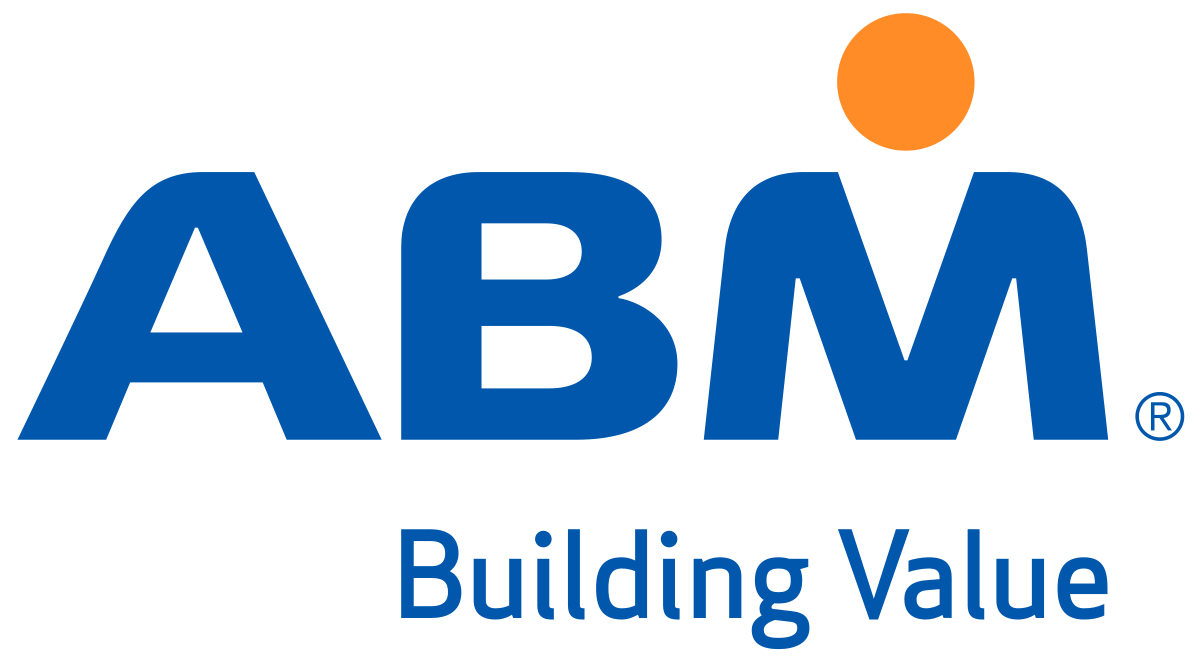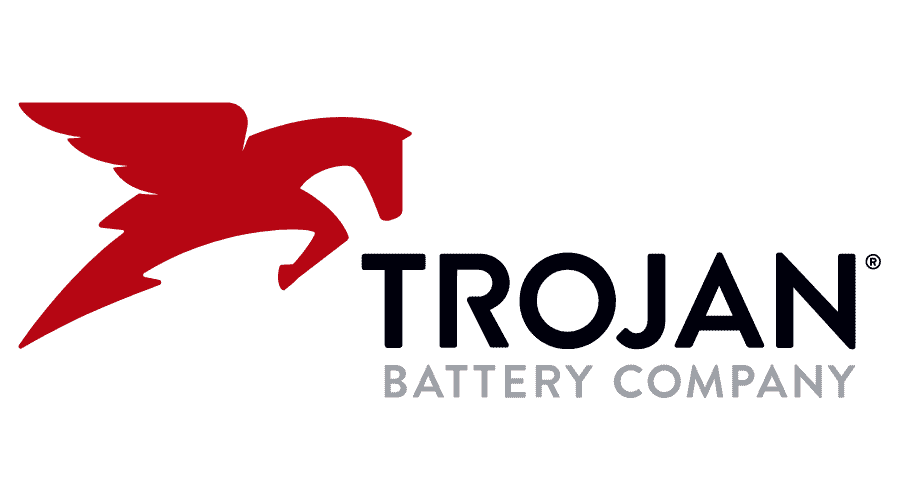by Brianna Crandall — September 11, 2020 — Aircuity, a “creator of measurably better environments,” has just announced a redesigned analytics dashboard with many new features designed to make it even easier for facilities managers (FMs) to intelligently manage their buildings’ portfolio. Many of the new features were designed to analyze and display indoor environmental quality (IEQ) (or indoor air quality [IAQ]) data, making Aircuity’s dashboard a critical part of a healthy building strategy.
With these latest analytics updates, Aircuity is continuing to provide intelligent air management strategies – monitoring and controlling based on parameters necessary for healthy, productive and cost-effective ventilation.
Along with a refreshed aesthetic design, new IEQ features include:
- New IEQ air quality score
- Improved IEQ troubleshooting
- Identification of top 5 IEQ improvement opportunities
- Portfolio-wide summary graphics of IEQ issues by type
- Segmenting rooms based on their IEQ score
- IEQ benchmarking vs. anonymized peer group
- Ability to compare severity of IEQ issues, across different categories and buildings
Aircuity CGO Luca Mazzei stated:
The release of Aircuity’s updated dashboard comes at a critical time, since most of our customers are evaluating changes to their building control strategies to minimize risks and safely transition employees and students back into buildings. Aircuity’s core feature is to allow clients to control their ventilation based on healthy building parameters, and the new analytic features are designed to allow building managers [to] more precisely assess and react to faster changing requirements and keep a close tab on IEQ changes.
For 20 years, Aircuity’s patented IEQ platform has helped commercial, institutional and lab building owners and managers improve indoor environmental quality in order to protect occupants, improve employee productivity and wellness, lower operating costs, and verifiably reduce energy use by as much as 60 percent, says the company. Headquartered in Newton, MA, Aircuity’s solutions have benefited organizations such as Google, Amazon, SUNY, Eli Lilly, Durst Organization, the University of Pennsylvania, and the University of California-Irvine.




